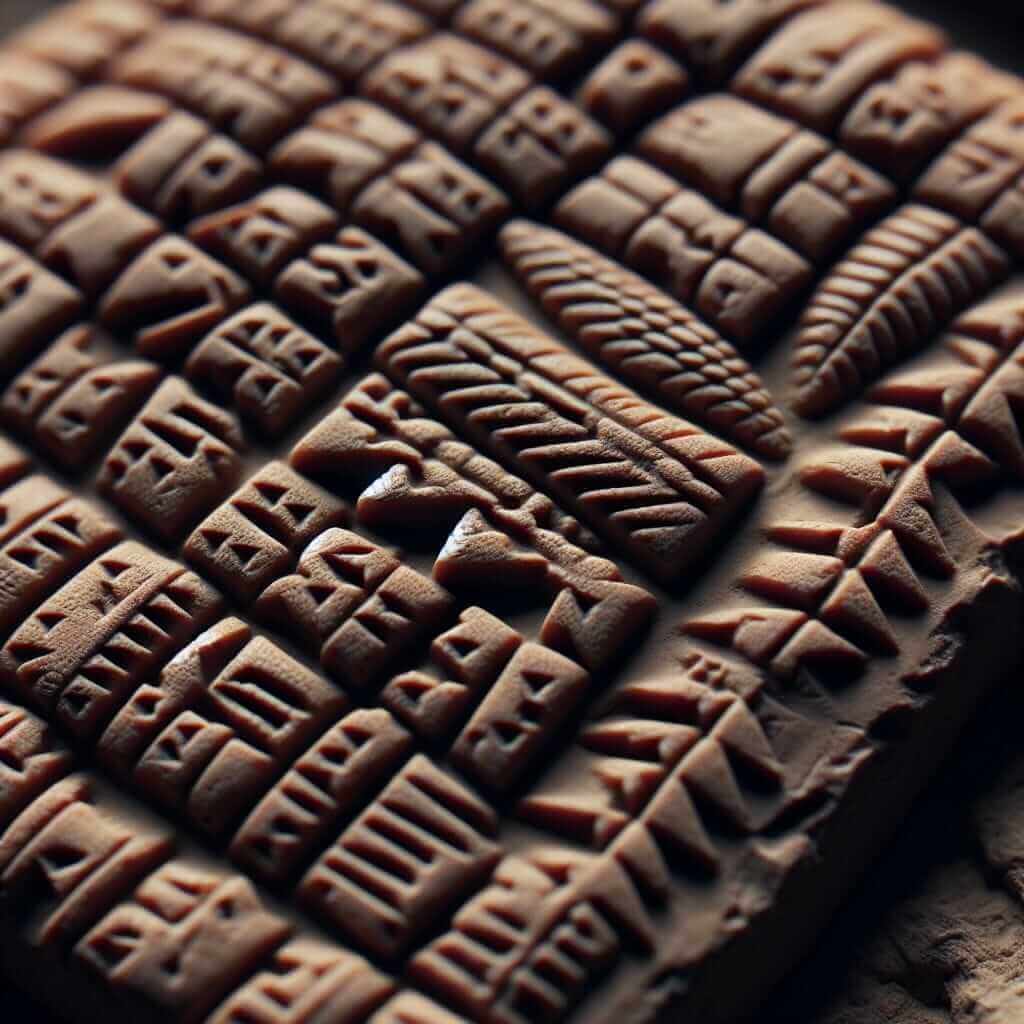As an IELTS instructor with over two decades of experience, I often encounter students feeling overwhelmed by the Reading section, particularly passages exploring historical topics like the origins of writing. This feeling is entirely understandable! “How Did Writing Begin?”-type passages delve into complex historical and archaeological details. However, don’t worry! By understanding the purpose and structure of these passages, coupled with effective reading strategies, you can confidently tackle them and achieve a strong IELTS score.
Why This Passage Matters for Your IELTS Journey
The IELTS Reading test assesses far more than just your vocabulary; it evaluates your ability to understand complex ideas, identify key arguments, and find specific information within a text swiftly and accurately. Passages about the invention of writing, while potentially dense, are excellent examples of this. They require you to:
- Grasp Technical Vocabulary: You’ll encounter specialized terms related to archaeology, ancient cultures, and writing systems.
- Decipher Complex Sentences: Historical texts often utilize longer, more intricate sentences to explain the evolution of ideas and discoveries.
- Analyze Evidence and Draw Inferences: The passage might present various theories about writing’s origins, requiring you to analyze evidence and draw conclusions.
Mastering these skills is not only essential for the IELTS but also equips you for academic studies and research in any field.
Strategies to Conquer the “Writing’s Beginnings” Passage
-
Preview for Context: Before diving into the text, quickly scan the title, headings (if any), and any images or captions provided. This gives you a valuable framework for the topic.
-
Active Reading is Key: Don’t just passively read—engage with the text! Underline key terms, make brief notes in the margins, and try to predict what might come next.
-
Mastering Keywords: Pay close attention to keywords related to:
- Time periods: e.g., “ancient Mesopotamia,” “Neolithic era”
- Geographic locations: e.g., “Sumer,” “Mesopotamia,” “ancient Egypt”
- Writing systems: e.g., “cuneiform,” “hieroglyphs,” “pictograms”
- Key individuals or groups: e.g., “scribes,” “ancient Sumerians”
-
Practice Skimming and Scanning: These techniques are crucial for finding information quickly:
- Skimming: Read rapidly to get the general idea of a paragraph or section.
- Scanning: Move your eyes quickly over the text to locate specific words or phrases related to the questions.
Example: Deconstructing an IELTS Reading Question
Let’s imagine you encounter a question like this:
- According to the passage, what was the PRIMARY purpose of early writing in Mesopotamia?
Here’s how to approach it:
- Identify Keywords: “primary purpose,” “Mesopotamia,” “early writing”
- Scan for Keywords: Quickly locate these terms or their synonyms within the passage.
- Read for Context: Carefully read the sentences surrounding the keywords to understand the specific purpose highlighted in relation to Mesopotamia.

Top Tips to Remember:
- Vocabulary is Power: Build a strong vocabulary related to history, archaeology, and writing systems.
- Practice Makes Perfect: Regularly practice reading similar passages from academic journals or reliable online sources like the British Council or Cambridge English websites.
- Time Management is Crucial: Allocate your time wisely during the exam. Don’t spend too long on a single question.
- Stay Calm and Focused: Maintain a positive attitude and believe in your abilities!
By following these strategies and consistently practicing, you can approach IELTS Reading passages about the origins of writing with confidence and achieve your desired results. Good luck!